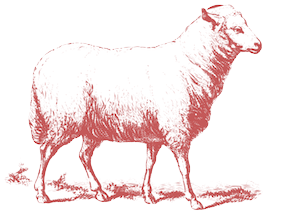I talk about Michael Pollan a lot in this blog. I should mention that it is not that I mean to. I don't rally behind him, I don't think he has any kind of new, special understanding of or insight to our food systems and the ways we eat. Why I reference him so often is simple: he is our mouthpiece. He is the necessary, singular voice that carries the voice of thousands alongside it. He reports about the doings of this our movement and desire for better ways of eating and living. He's a journalist, and a damn good one, who has generously and happily devoted his journalistic eye to us and helped the general public to at last, take an interest in the wild and weird world of farmers and foodies. His most recent contributions have been largely of a political nature. A common theme among food activists since President Obama was elected is our need to show this president, who has a sympathetic ear to our cause, our movement: make him look and listen. That is the American way, after all, democracy in action. Pollan has turned this need into a rallying cry, one that has most recently gained traction in the form of a farm to school movement.
I've spent the last few weeks assisting our local Slow Food Convivium in putting together an eat-in for the national Time for Lunch Campaign. I cannot stress enough how important it is to provide children with healthy, nutritious foods, so I am going to let Mr. Pollan take a stab at it for me through his outstanding New York Times Op-Ed piece that came out this week:
Big Food vs. Big Insurance
By MICHAEL POLLAN
Published: September 9, 2009
TO listen to President Obama’s speech on Wednesday night, or to just about anyone else in the health care debate, you would think that the biggest problem with health care in America is the system itself — perverse incentives, inefficiencies, unnecessary tests and procedures, lack of competition, and greed.
No one disputes that the $2.3 trillion we devote to the health care industry is often spent unwisely, but the fact that the United States spends twice as much per person as most European countries on health care can be substantially explained, as a study released last month says, by our being fatter. Even the most efficient health care system that the administration could hope to devise would still confront a rising tide of chronic disease linked to diet.
That’s why our success in bringing health care costs under control ultimately depends on whether Washington can summon the political will to take on and reform a second, even more powerful industry: the food industry. Read more. . .
